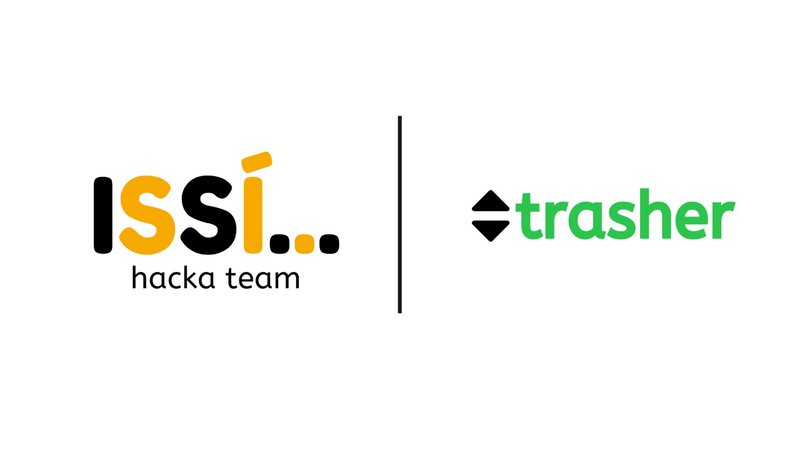Project Details
The Challenge | Smash your SDGs!
Trasher
Thrasher is an application that maps and produces data regarding the location of dumps and their impacts on society and the environment.

According to the UN 3.5 billion people live in cities, currently these people consume food, clothing and electronics that may be packaged in plastic, paper and other packages, which will be discarded after serving their purpose.
From this practice, solid waste should be recycled, reused or sent to a landfill, where it will be properly disposed of, however in more than 40% of cases, it ends up in dumps where it causes social, health, bad odors and mainly environmental (air, soil and groundwater pollution), which increases health spending.
The poverty that exists in countries like Brazil, ends up causing a displacement of people to these dumps, who go to be able to get something out of this waste, to ensure their survival, selling the materials found, or even eating food that goes to waste, thus causing health problems, where a study by the Brazilian Association of Public Cleaning Companies and Special Waste (Abrelpe), indicates that the country spends 3 billion reais because of problems with waste.
Through studies by Abrelpe, it was shown that between 2016 and 2017, the consumption of garbage by Brazilians grew by 3%, and 59% of cities give the correct destination for this waste.
With Trasher, ISSÍ… seeks to monitor the dumps, so that it can study the pollution caused by them, using its own equipment (Arduino with modem) mounted on top of a metal gear, equipped with sensors (At the base to capture data from toxic metals present in the slurry and top with sensors to capture air data) that make periodic measurements (strategically programmed) that generate data on pollutants that will be sent to an application that will be available to the public.
The application will be developed using React Native, Node, FireBase and JavaScript technology. Performed through real-time system to filter data to graphically demonstrate locations of pollutant concentrations in both soil and air.
The result sought is the generation of data to eliminate dumps, as well as reducing the rates of diseases and consequently the removal of families living in extreme risk situations in these dumps.
The project consists of actively working on the application of Law No. 12,305 / 10, which came into force in Brazil in 2010. The deadline for elimination was until 2014, but few cities met, but PLS 425/2014 received amendment from Senator Fernando Bezerra Coelho setting different deadlines for the end of dumps, "according to the reality of municipalities." There will be four new annual deadlines, from 2018 to 2021. In addition, the goal is implementation in other countries that have problems with waste. data generation and root cause identification identified in SDG 11, the main objective of the project.